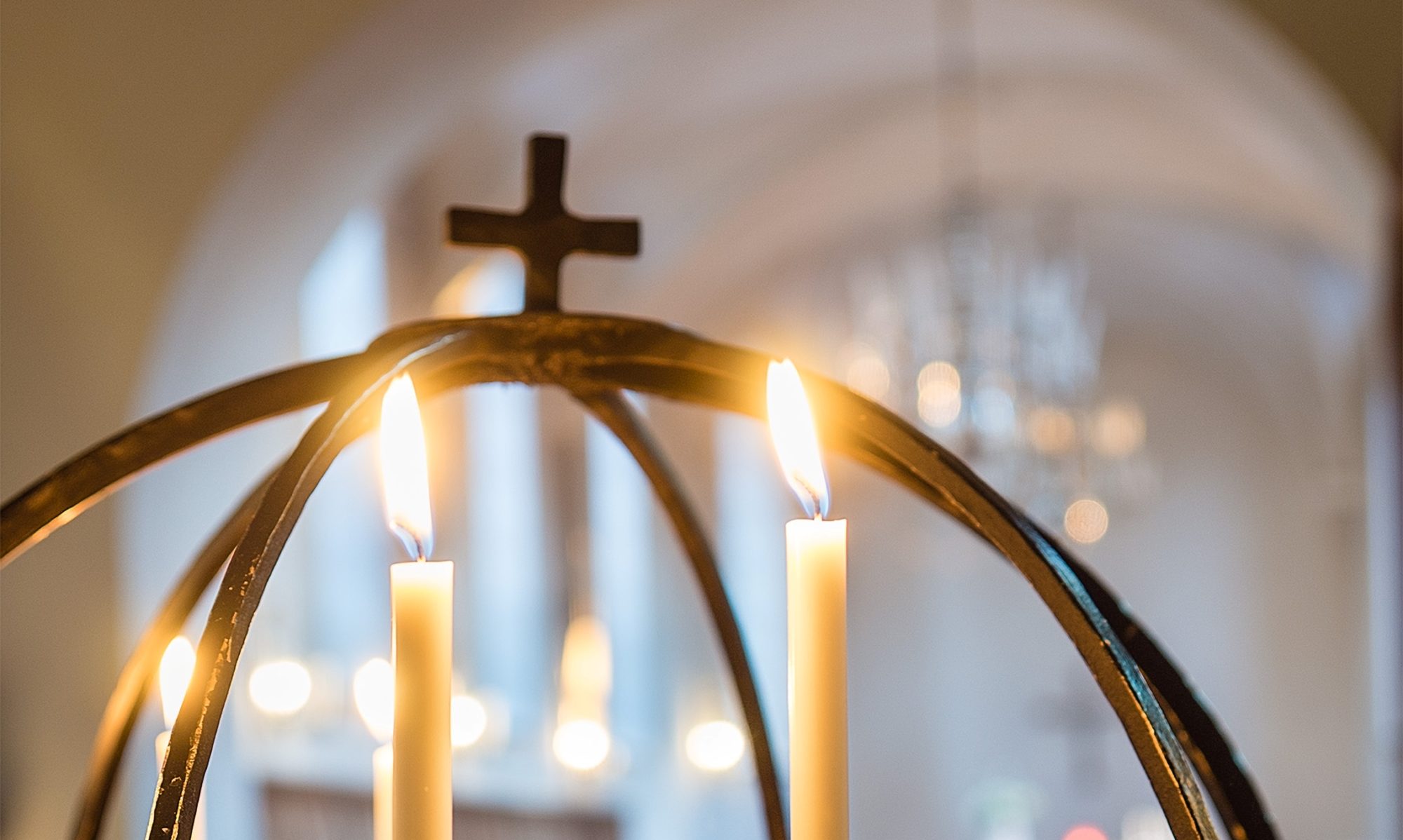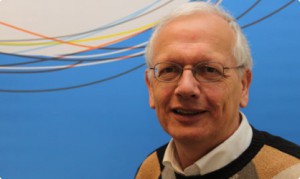Transition accomplished or mission impossible – Economic developments and civil society. This was the subject of the study day during the 61st Annual Conference of Oikosnet Europe, held in Prague. In itself such a subject is always too broad. The fact that we had very powerful introductions from different angles made it even broader. The role of civil society was the central issue – as it appears to me when looking back now.
We heard from the situation in some Eastern countries in Europe where meetings of activists are monitored by secret services – just by locating all the mobile phones in a very narrow defined area. Or even at a square where more than 50.000 protesters are gathered. Blocking the providers for mobile phone during the protest hours made communication impossible. And afterwards all owner of mobile phones – spotted at the square – were visited at home: Why were you there? And yet, even knowing this, people protested, appeared at the square.
Another example: in the Czech Republic the strength of civil society has been weakened throughout the decades after World War II. 1948 with the new communist regime, 1956 with the troubles in Hungary which affected also the Czech Republic, the Prague Spring 1968, Charta 77 in 1977 and also the short revival after 1989 resulted each time in a wave of emigration, especially from potential leaders, from quite a substantial part of intelligentsia. What about the strength and history of civil society in such a society?
We are not driven by examples – we are more dedicated by the results which can be obtained. During the meeting of the Gender & Justice Network we were informed about a successful activity by the regional government of Baden Württemberg, Germany. Through a committed minister president and through the support of churches it appeared to be possible to find, transport and welcome more than 1.000 battered women with their children from Yazidi groups in Iraq. They were welcomed, housed and supported in their different ways to start a new life. Civil society was active around them.
During the Annual Conference we had an input from Mr. Daniel Stech, civil servant at the Foreign Office of the Czech Republic. He mentioned some helping ideas for civil society groups. Among them:
- Civil society will always be a minority. Accept that as a fact.
- Create places where you stimulate the imagination
- Create places where you enable face to face meetings
- Apply an open door policy. This enables enrichment from unexpected angles.
- When looking for opportunities to meet with others, take away some of the obvious barriers in places – like cars.
- Organise careful counter attacks against simplified narratives.
In my view this list is encouraging. It is a list which contains realistic options. And also, it is a list which to a high degree characterises the work the members of Oikosnet Europe at the moment. And as a last remark: this was what happened at – again – this Annual Conference.
Besides that we were also productive in other ways. See other input in this newsletter.
All in all is was worth getting to this Annual Conference. Next year we meet in Beugen, Germany, from 6 to 10 September.
Jaap van der Sar president Oikosnet Europe

